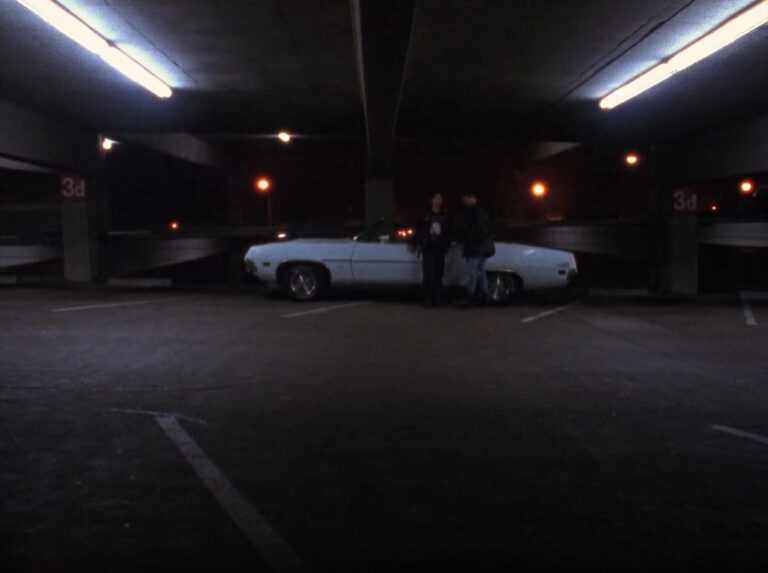Following the cataclysmic AIDS epidemic in the 1990s, a defiant embrace of the word “queer” and new technology sparked an influx of films by independent filmmakers that were later termed “New Queer Cinema.” As a product of its time, New Queer Cinema interrogates the heteronormativity it conflicts with and thus breeds a reimagining of what queer film can look like. The conflict between queer identity and its heteronormative surroundings drives distance between queer individuals and their communities, as well as larger social structures. This distance leads to a sense of isolation. This article explores themes of isolation within select New Queer Cinema films and offers a potential reference point from which we can understand queer life and cultural production in the midst of yet another global illness—COVID-19. Gus Van Sant’s My Own Private Idaho (1991) highlights isolation from heteronormative social structures, particularly the nuclear family unit. Cheryl Dunye’s The Watermelon Woman (1996) focuses on a curation of queer kinship as a survival tactic in the face of this isolation. Gregg Araki’s Totally Fucked Up (1993) and Thomas Bezucha’s Big Eden (2000) both explore themes of self-imposed isolation. Totally Fucked Up provides an essential New Queer Cinema perspective of this phenomenon; meanwhile, Big Eden challenges assumptions that queer individuals are destined to be isolated by imagining a future in which this is not the case. Themes of isolation are essential to the New Queer Cinema genre as a product of its circumstances. Yet, it also provides a basis from which the possibilities of future queer cinema and culture can be imagined. Understanding this relationship is critical as we begin to understand the effects of structural and social isolation on the queer community as exacerbated by COVID-19.
Articles by Nathan Burns
Nathan Burns (they/he) is an incoming MA student in Sexuality Studies at San Francisco State University. Their research revolves around queer, trans, and disabled life and cultural production, particularly in relationship to community, digital spaces, and popular culture. Nathan has also been named a 2022–23 California State University Sally Casanova Pre-Doctoral Scholar.
